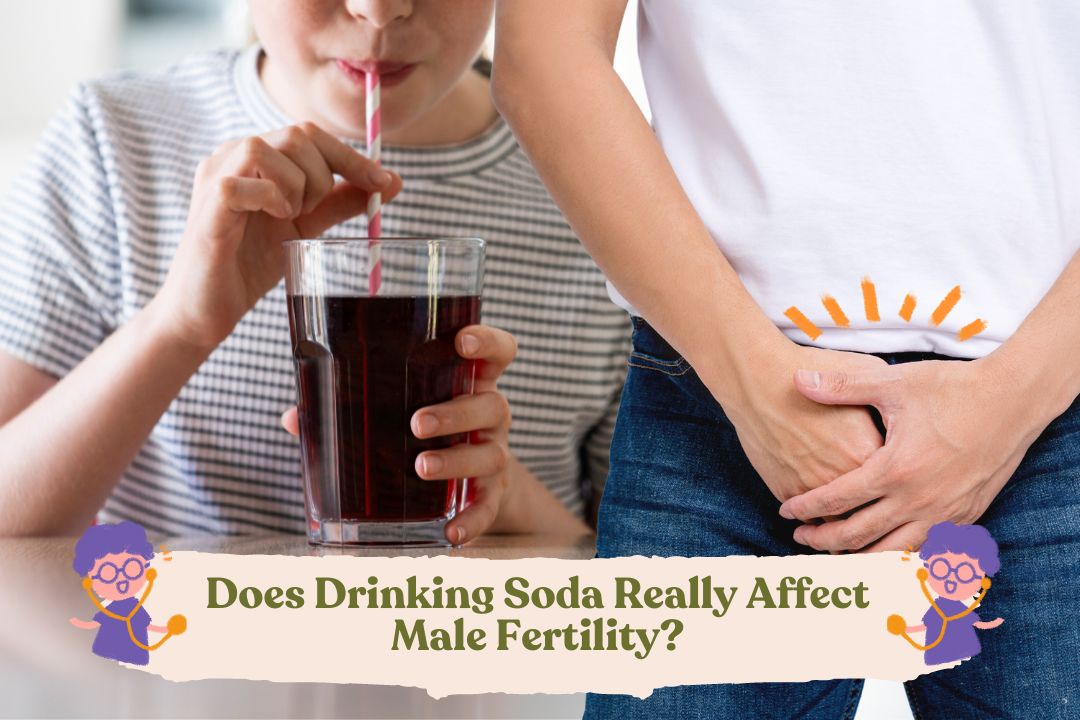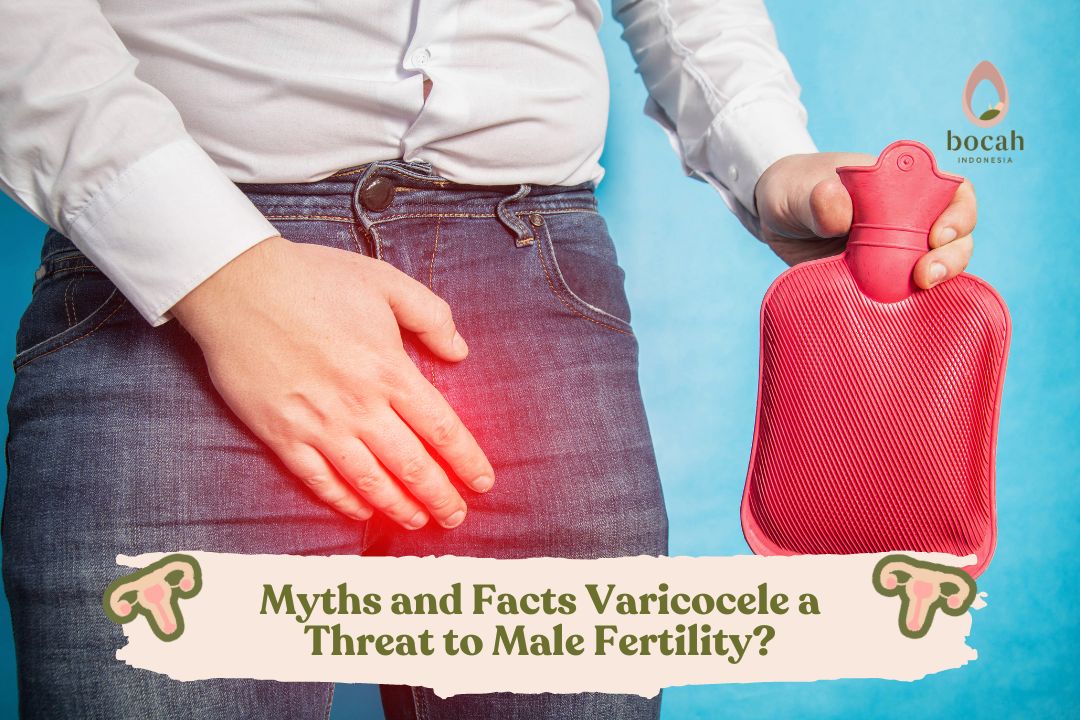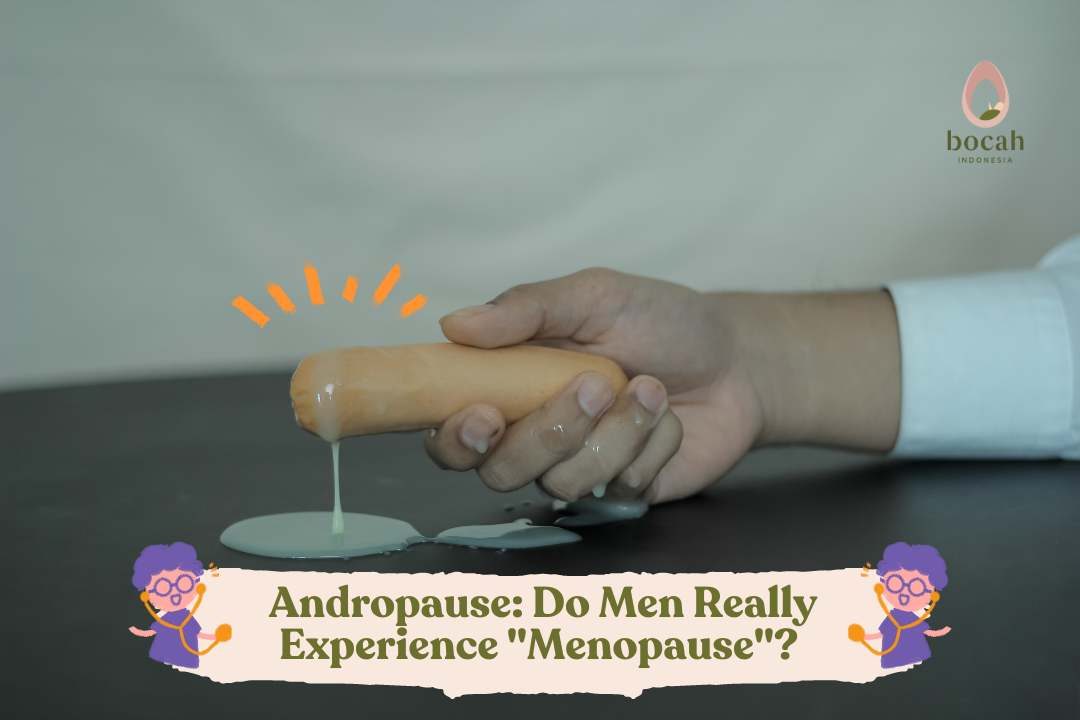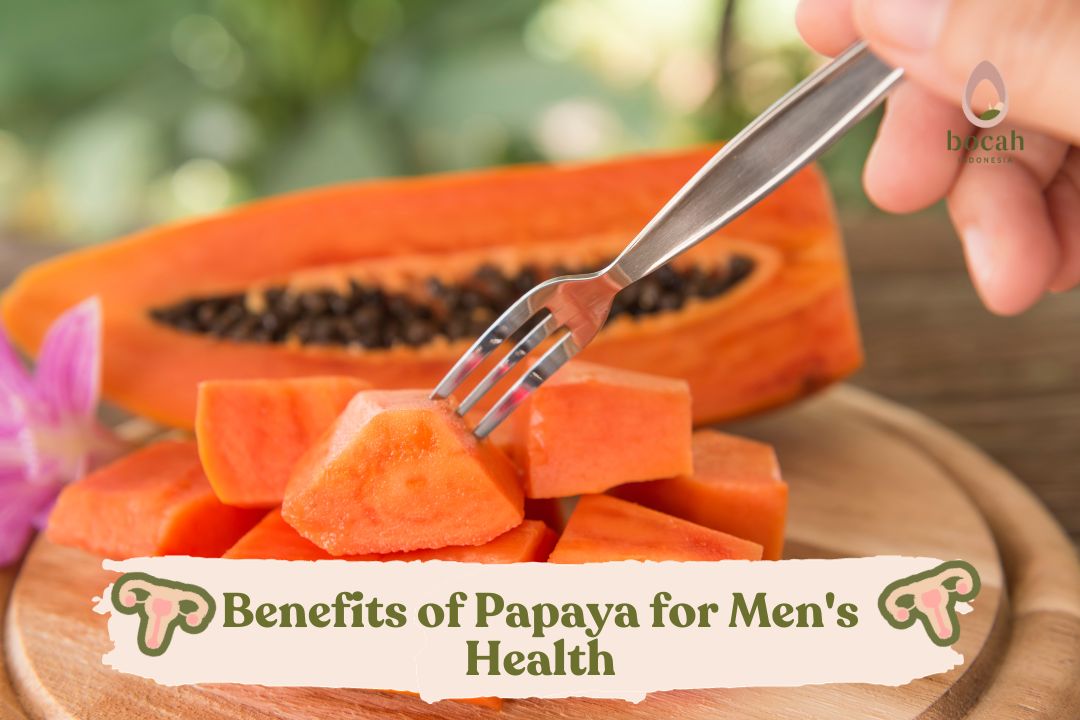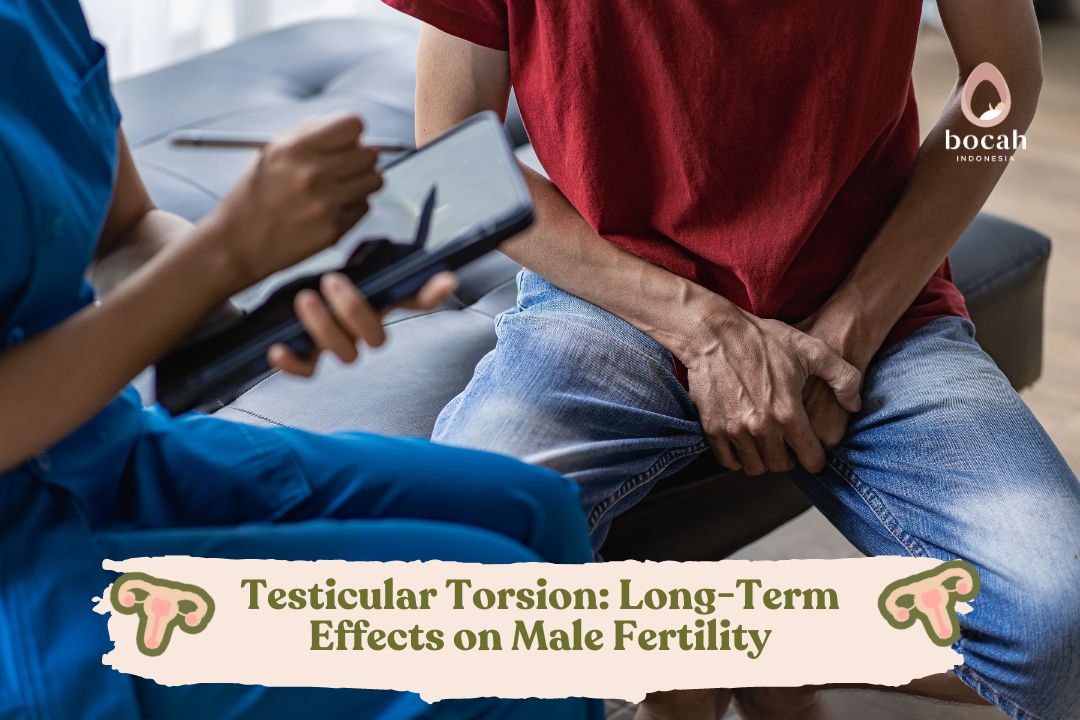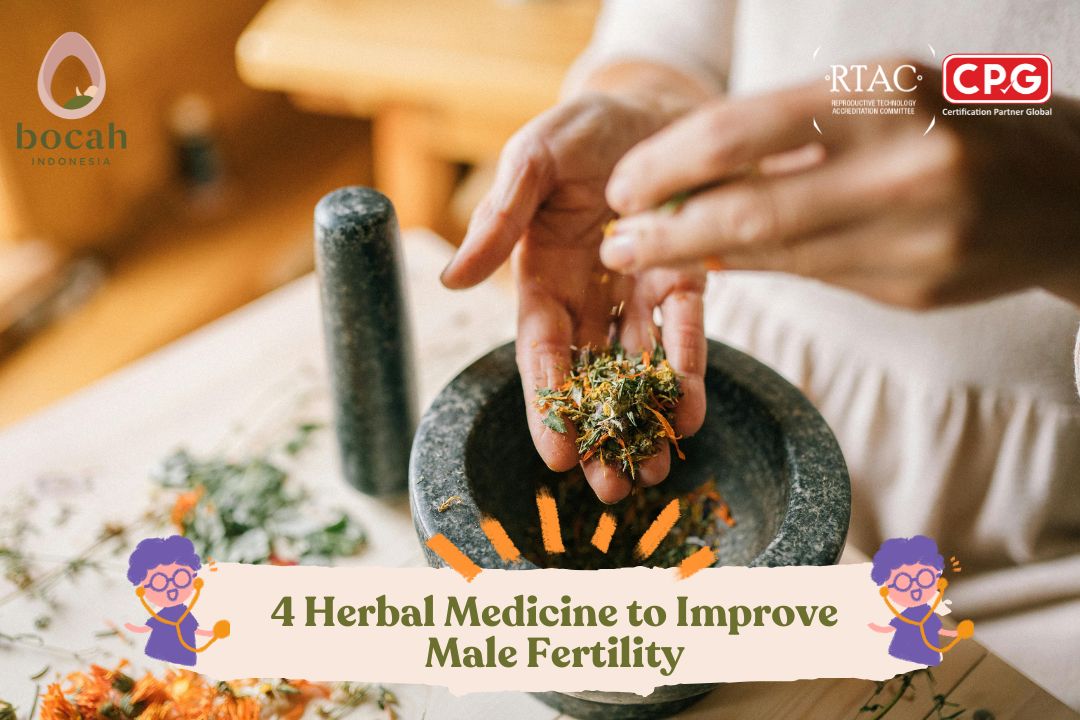Probiotics: Are They Really Beneficial for Male Fertility?
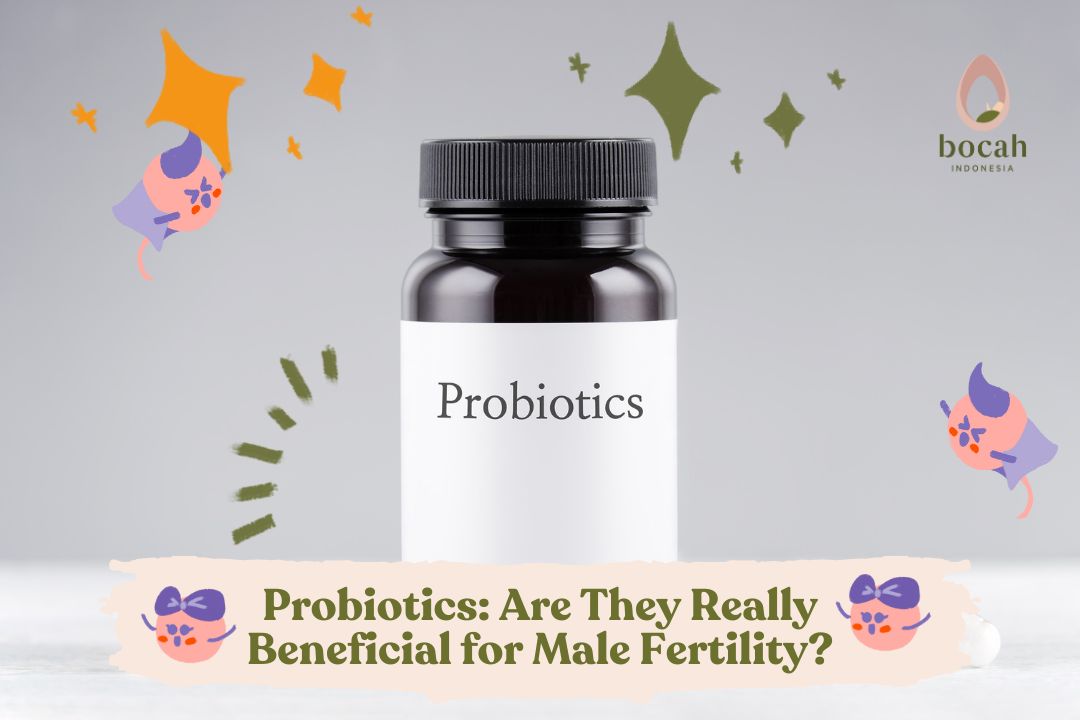
Recent studies reveal the potential of probiotics in addressing male fertility issues. Semen, the male reproductive fluid, is a mixture of sperm cells and nutrient-rich fluid. This environment is ideal for microbial growth. Microbes or microorganisms are tiny living organisms that can only be seen with the help of a microscope. Generally, microbes can be bacteria, viruses, or fungi. However, in this article, microbes refer to bacteria, which can have both positive and negative effects on human health.
In the past, the absence of microbial growth in tissue or body fluid samples was interpreted as the absence of bacterial infection. However, recent studies have revealed that some of these microbes normally live in the human body—known as normal flora—and play an important role in various bodily processes.
Each individual has different normal flora, with certain species colonizing specific body locations. This normal flora is an integral part of maintaining the balance of biochemical systems, metabolism, and immunity. Therefore, it has a significant impact on human health, including reproductive health.
Normal Flora in the Male Reproductive System
The male reproductive system, once thought to be sterile, is now recognized as a mosaic of complex microbial communities. The dominant types of microbes in the male reproductive tract include bacteria such as Corynebacterium, Streptococcus, and Staphylococcus. The composition of these microbes in the tract varies from individual to individual and is influenced by factors such as sexual behavior, personal hygiene practices, and the presence or absence of sexually transmitted infections (STIs).
Normal flora in the male reproductive tract can be found from the testes, which produce sperm, to the epididymis, where sperm mature. Similarly, the seminal vesicles, which store sperm, and the prostate gland, which produces semen, have their own normal flora that affects the composition and health of the seminal fluid. The urethral opening, which connects to the external environment, has microbial colonies that also influence its function and health. Lastly, the skin of the penis contains normal flora, influenced by many factors, including circumcision.
Tanya Mincah tentang Promil?
The function of normal flora residing in the male reproductive tract is not yet fully understood. However, experts theorize that this normal flora influences inflammatory responses and immune function, which play a critical role in fertility, successful reproduction, and protection of organs from harmful pathogens.
Normal Flora and Male Fertility
Several studies have found that an imbalance in the colonies of normal flora within the male reproductive tract is associated with various sperm abnormalities, such as low sperm count (oligozoospermia), weak sperm motility (asthenozoospermia), and abnormal sperm shape (teratozoospermia). All of these factors can negatively impact the quality and ability of sperm to fertilize an egg.
This imbalance in normal flora is characterized by significant changes in the optimal composition of microbial colonies, leading to disruptions in metabolic functions within the male reproductive tract. Specifically, this imbalance is believed to affect male fertility through two primary mechanisms:
1. Oxidative Stress:
An imbalance between the production of reactive oxygen species (ROS) and the body’s natural antioxidants is linked to male infertility. ROS are byproducts of metabolic processes. Inflammation and immune responses also trigger the formation of ROS. While a certain amount of ROS is not harmful, excessive levels can damage sperm DNA. This DNA damage, in turn, negatively impacts sperm quality and increases the vulnerability of sperm to genetic abnormalities.
2. Changes in Gut Flora Composition:
Studies have found that changes in the composition of gut microbes are associated with poor sperm function and motility. Thus, it can be concluded that the composition of microbes in various body systems is influenced by diet. Changes in the composition of gut flora will subsequently affect the composition of normal flora in the male reproductive system.
Benefits of Probiotics for Male Fertility
In cases of microbial imbalance and excess ROS, a combination of probiotics and prebiotics with antioxidants can help create a more optimal environment for sperm cells. Probiotics contain beneficial live microbes, while prebiotics serve as food for these beneficial microbes. Among the various types of bacteria, the following seven genera are most commonly used as probiotic supplements: Lactobacillus, Bifidobacterium, Saccharomyces, Streptococcus, Enterococcus, Escherichia, and Bacillus.
Several studies supporting the use of probiotics for male fertility are as follows:
- The first study investigating the relationship between probiotics and human sperm quality was conducted in vitro, or in the laboratory. As an initial study, it successfully demonstrated the potential of a combination of three types of Lactobacillus bacteria (Lactobacillus brevis [CD2], Lactobacillus salivarius [FV2], and Lactobacillus plantarum [FV9]) in protecting human sperm from ROS in cases of vaginal disorders, thereby increasing the likelihood of fertilization.
- Another study showed the ability of probiotics to improve sperm quality parameters and fertility-related hormones. In men diagnosed with asthenozoospermia, the administration of Lactobacillus rhamnosus CECT8361 and Bifidobacterium longum CECT7347 significantly improved sperm quality parameters. This probiotic administration increased sperm motility up to sixfold, reduced DNA fragmentation, and decreased hydrogen peroxide levels. Hydrogen peroxide is a cytotoxic agent (cell-killing) that must be kept to a minimum through the action of antioxidant defense enzymes.
- In 2017, Maretti and Cavallini found that after treatment with Flortec (one sachet containing Lactobacillus paracasei B21060) in infertile men, parameters such as semen volume, sperm concentration, straight rapid motility, and the percentage of typical sperm morphology significantly improved. Fertility hormones also increased. These changes were not observed in infertile men who were given a control substance (starch).
- In 2020, Helli found that inflammatory markers such as malondialdehyde, CRP, and TNFα were significantly reduced after infertile men were given probiotics from Lactobacillus and Bifidobacteria species.
Conclusion
Since the composition of gut microbes is influenced by diet, this has led to numerous studies on probiotic supplementation as a method to improve male fertility. The beneficial effects of probiotics on male fertility and hormones have been demonstrated in various studies, with minimal side effects. Although the results are promising, it is important to note that more research is needed to fully understand these effects and to determine the most effective types, doses, and probiotic regimens for addressing various forms of male infertility.
Source:
- Feng T, Liu Y. Microorganisms in the reproductive system and probiotic’s regulatory effects on reproductive health. Computational and structural biotechnology journal. 2022 Jan 1;20:1541-53.
- Helli B, Kavianpour M, Ghaedi E, Dadfar M, Haghighian HK. Probiotic effects on sperm parameters, oxidative stress index, inflammatory factors and sex hormones in infertile men. Human Fertility. 2022 May 27;25(3):499-507.
- Kaltsas A, Zachariou A, Markou E, Dimitriadis F, Sofikitis N, Pournaras S. Microbial Dysbiosis and Male Infertility: Understanding the Impact and Exploring Therapeutic Interventions. Journal of Personalized Medicine. 2023 Oct 13;13(10):1491.
- Magill RG, MacDonald SM. Male infertility and the human microbiome. Frontiers in Reproductive Health. 2023 Jun 9;5:1166201.
- Wang H, Xu A, Gong L, Chen Z, Zhang B, Li X. The microbiome, an important factor that is easily overlooked in male infertility. Frontiers in Microbiology. 2022 Mar 2;13:831272.



